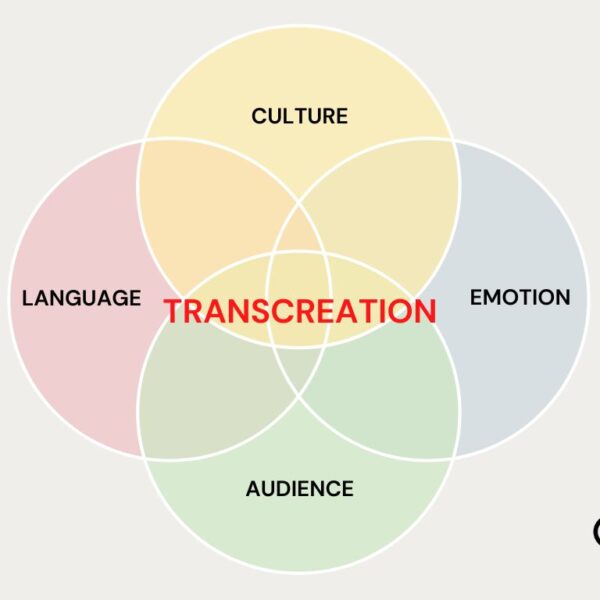Why is culture important for translators?

Forms of translation have been around since the creation of languages. In the early days, translation was only used for communication and understanding and didn’t become an academic subject until the 1950s.
Because languages come out of culture, it has remained to be an essential piece in translation. A translator must always understand the significance of cultural context for every word translated. A word or phrase in one country may not mean the same thing in another.
The importance of understanding cultural context can be seen through mistakes of the past. One includes a mistranslation that occurred during a speech by Soviet Premier Nikita Kruschev in 1956 when tensions were rising between the Soviet Union and United States. And another that took place during President Jimmy Carter’s speech in Poland in 1977. Detailed accounts of these incidents can be found in a previous blog post.
In addressing cultural gaps, an academic paper written by Jianqing Wu of the Qingdao University of Science and Technology cites three practice points to follow during translation:
- Translate the concept and convey the complete feeling of the original piece rather than just one word.
- Use different styles with different genres.
- Pay more attention to the reader of the piece.
Ultimately, Jianqing’s paper says a translator should attach greater importance to cultural equivalence than to any other aspects.
A professional translator’s job is to translate writing or speech from one language to another. And ultimately, if a professional translator lacks knowledge of cultures, it will lead to confusion, misunderstandings, offensiveness, and may even be threatening.
When a person communicates with another from the same culture, it is easier to exchange words and be understood, unlike people communicating from two different countries. So, it only makes sense that most professional translators work on projects that use their native language.
Teneo Linguistics Company handpicks professional translators who are experts in their region’s cultural and language variations so messages never miss the mark. The culture TLC has cultivated relies on living four core values: Excellence, Gratitude, Integrity, and Partnership. And intercultural awareness is especially important at TLC and teaching amongst employees is a big part of the company values.
Learn more about TLC’s work and read more language blogs at www.tlctranslation.com.




